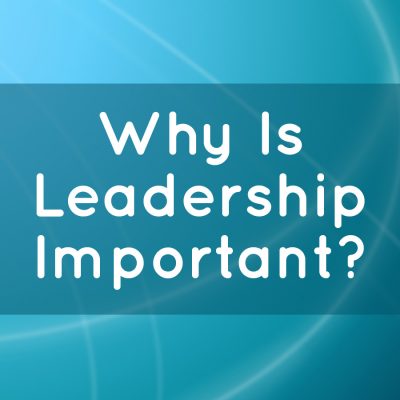 After my last blog post, I have had questions asking me to define what a ‘paradigm’ is, and what a ‘shift in paradigm is’. I wish to answer those inquiries with a bit of a story that illustrates a shift in a leadership paradigm in an organization.
After my last blog post, I have had questions asking me to define what a ‘paradigm’ is, and what a ‘shift in paradigm is’. I wish to answer those inquiries with a bit of a story that illustrates a shift in a leadership paradigm in an organization.
Almost twenty years ago, I was hired by a CEO and her management team to assist them with some troubled waters in their health care facility. As a health service, they were getting poor marks from their patients for quality of care. Staff morale was low and mistakes were being made, some serious enough to have made it into the local press. I began with a little investigating, engaging staff in interviews and focus groups so that together we could unveil a picture of their perspective. When I asked staff to summarize the crux of what was going wrong, their summation was that they did not trust the management team, saying that there was no evidence of the kind of leadership that was needed to meet the increased demands of the work to be done. Staff reported that they had lots of ideas to overcome the problems and did not know where to turn with their ideas so that they would be listened to. They did not feel that their ideas were being heard by the senior management team. They felt micro-managed and what was being managed missed the mark of what needed to be resolved. With a lot of frustration, they told me that the existing management team did not have what it took to get the facility out of its mess.
I also met with the senior management team members individually and as a group. Their summation of what was wrong was that staff was not taking enough responsibility, communication was not working, and that the low staff morale was caused by a few people who were very negative and had unfortunate influence.
Both the management and the staff agreed that the organization needed to experience more than management from the top. They agreed that leadership was needed. Both the management and staff agreed that staff needed to do a better job but they did not agree on a solution. Management felt that sufficient emphasis still needed to be placed on managing the people. Staff felt that they were more then willing to be accountable and responsible for their work individually and as teams, but they needed to be given the authority to take leadership over their work. They needed the authority to be aligned with their responsibility and accountability.
My summary and recommendation was that an organization-wide paradigm shift was needed, from a management paradigm to a leadership paradigm. The work of guiding them through a paradigm shift included:
- the management team needed to work through their assumptions about management and about leadership and to choose assumptions that they could agree on to shift to a paradigm of leadership.
- the management team needed to shift itself from a senior management team to a senior leadership team based on their agreed on assumptions about leadership.
- the leadership team needed to grow its capacity to lead. And yes, the same individuals who were considered by the staff to be incapable of leading were the ones who grew this capacity.
- the leadership team needed to develop their trust in the staff and allow the staff the authority to get their work done.
- the staff also needed to embrace a leadership paradigm and allow itself to accept authority. Despite having demanded authority, the acceptance of it was challenging.
- the staff needed to develop their trust in the senior leadership team.
It took nine months of working together to accomplish the shift in paradigm. It was accomplished. The results of a shift from a management paradigm to a leadership paradigm resulted in improved performance individually, as teams and as an organization, improved communication, improved morale, and the development of an organizational culture that excelled. And so what does a shift in paradigm entail. A shift in paradigm requires a shift in the collectively held underlying assumptions of the people who make up the group. This shift in the collectively held underlying assumptions affects the development of agreed on beliefs. The beliefs in turn affect actions, behaviors and ultimately results.








